There have been many films based on the Chinese folk hero Wong Fei-hung, a real-life Chinese martial arts master and folk hero of Cantonese ethnicity, yet the series of movies by Tsui Hark starring the incomparable Jet Li has become the benchmark when it comes to making historical martial arts films and it remains one of the best examples of the genre ever put to film.
Once Upon a Time in China (1991)
The first chapter in Tsui Hark's sprawling epic wonderfully blends the fantastical elements of the martial arts genre while using a true-life character to bring up social and political problems that existed back in nineteenth-century China but, sadly, also exist in modern times. At the center of this is Jet Li as the legendary Wong Fei-hung whose stoic demeanour and attitude shifts as certain conflicts arise and it's Jet Li's lightning-fast-and-fluid fighting style that often brings these conflicts to an awe-inspiring conclusion. From Wong Fei-hung's brilliant use of an ordinary umbrella to dispatch numerous foes to the wonderfully staged ladder fight during the film's big climactic battle there is so much to love about this film that it's hard to pick out a favourite movie which makes this a must-watch for any fan of the genre. Another theme that runs throughout this film series is how technology and weaponry impacted the world when it comes to combat and can be best summed up by the character Iron Vest Yim, "No matter how good our kung-fu is, it will never defeat guns."
Once Upon a Time in China II (1992)
Where the first film in the series dealt with the evils of Western interlopers and the exploitation of the Chinese, with some nasty corrupt Chinese officials and street gangs to spice things up, in Once Upon a Time in China II the primary foe is a xenophobic cult of Chinese terrorists who want to murder or burn anything that they deem foreign. The film deals with Caucasian characters a bit more charitably this time out, though we still get the occasional racist moment from ignorant whites who don't trust Chinese medicine, but not only do we get a psycho-religious cult causing problems we also have a local government official hellbent on quashing an underground movement that plans overthrow the Qing government and establish a republic in China and he doesn't care who he has to kill to ensure that happens.
This outing is vastly more political than what was displayed in Tsui Hark's first chapter in the series, with two separate factions giving the hero a massive headache, and it also has a lot more brilliant martial arts sequences than the previous entry and with Jet Li eventually facing off against the legendary Donnie Yen and the great Yuen Woo-ping stepping in as fight choreographer, you know you're going to get an amazing film.
Je Li remains perfectly cast as the cool and collected Wong Fei-Hung, with maybe a few cracks in his armour due to his feelings towards Aunt 13, beautify played by Rosamund Kwan, and we still get some moments of levity brought to us by Siu Chung Mok as Leung Foon, and all this adds up to a masterwork of storytelling brilliance and stunning action sequences making this film a worthy sequel.
Once Upon a Time in China III (1992)
This third installment in the Once Upon a Time in China series doesn't have as solid a script as the previous two movies and tonally it's all over the map, most of the film's running time deals with the comedic shenanigans surrounding Wong Fei-hung and "13th Aunt" Yee Siu-Kwan romantic entanglements that are occasionally broken up by fight scenes between rival kung-fu associations. There is a subplot dealing with an assassination attempt but it's pretty damn thin and barely has an impact on the plot, and I'm using the word "plot" lightly here, and though there are some great martial art sequences too many of them consist of people in elaborate "Dancing Lion" costumes that make the fight choreography rather muddled and chaotic.
Jet Li is, as always, great in his most iconic role and it's fun to see the character of Wong Fei-hung up a bit but then there is this jealousy sub-sub plot that kind of got annoying as it went along. Overall, this is a fun martial arts film but disappointing when compared to the previous two.
Once Upon a Time in China IV (1993)
In this fourth outing, we get the Red Lantern Sect replacing the White Lotus Sect as the ant-foreigners who Wong Fei-hung must face off against and as always, he is caught between two threats, this time it's the Germans who provide the foreign conflict, as he tries to bring peace to China. Jet Li is also replaced in this fourth film and though Vincent Zhao is a serviceable Wong Fei-hung he's a bit younger looking and doesn't quite have the gravitas that Jet Li was able to muster, we also get a lot more blood and gore in this sequel which is probably included in hopes this might help people forget were missing Jet Li and Rosamund Kwan. What I won't forget or forgive is the poor treatment of horses in this film which clearly illustrates that China had no animal cruelty laws when it came to filmmaking, for that alone this film loses a point.
Note: If you liked the "Dancing Lion" fight sequences from the previous film you're in for a treat as there is a lot of that here, sadly, I wasn't all that enamoured with those overlong and muddled action set-pieces in Once Upon a Time in China III and they're no better this time out.
Overall, this is an average martial arts movie with more prominent wirework and even more visible wires, laughably visible at times, but there is still stuff to enjoy and the time period these stories take place is quite fascinating.
Once Upon a Time in China V (1994)
The previous film ended with Eight-Nation Alliance occupying Beijing, Germany itself practically declaring war on China, but in this fifth outing, much of the political undercut is set aside for a rather fun and exciting pirate adventure. Wong Fei-hung and his companions find themselves embroiled in the problems of a small port town that is having pirate troubles and with the local authorities in a state of disarray, it's up to the heroic men of Foshan to put things right.
One can best describe Once Upon a Time in China V as a blend of John Woo's Hard Boiled with Disney's Pirates of the Caribbean and surprisingly this combination works really well, with Wong Fei-hung's pupil "Bucktooth" practically turning into Chow Yun-fat as he leaps through the air while blasting away with his guns, unfortunately, there is some "comedy" bits early on that are quite cringe-inducing and we also have Wong Fei-hung and his continuing love interest problems with "13th Aunt" and "14th Aunt" which leads to some rather lame comedic misunderstandings.
Overall, this is a definite step up from the previous film, certainly helped by Tsui Hark returning to helm the picture, and the blend of martial arts and gun-play action makes this entry all the more unique and distinctive from the other chapters in the series. Basically, this is a fun action film with a kick-ass Peter Pan and his goofy Lost Boys having a blast taking on a bunch of bad-ass pirates.
Once Upon a Time in China and America (1997)
This sixth and final instalment in the franchise takes the racism of foreign invaders coming to China, which was a key component in many of the previous films, now has Wong Fei-hung and company venturing forth to America to experience even more racism. Obviously, martial arts in a Wild West setting had already been explored in the David Carradine television show Kung Fu but at least with this enterprise we get Jet Li instead of Carradine in bad Asian make-up, but what is a bit odd is that in Once Upon a Time in China V, which was basically a cool pirate movie, we saw that Wong Fei-hung was not all opposed to using guns and his one pupil, Bucktooth, was John Woo levels of good when it came to gunplay, yet in this film, the only protagonist to use a gun is the "Billy the Kid" character who they befriended along the way. Having characters point out, once again, that Kung Fu can't beat a speeding bullet is a bit silly when clearly all our heroes are quite aware of this fact.
That all said, the action in this film is quite fun and Wong Fei-hung and Clubfoot battling out against a raiding band of Native Americans adds a certain spice to the series and only the umpteenth trip to the well of "Will 13th Aunt and Wong Fei-hung finally get together" brings the story to a halt. Seriously, did we really need an amnesia subplot involving a pretty Native American girl and the ever-jealous Aunt 13 to pad out the running time? And though the comedy is still a bit problematic at points we don't reach cringe levels of embarrassment this time out.
Basically, if seeing Wong Fei-hung in a Cowboys and Indians setting sounds good to you then check this film out as you won't be disappointed and only a few strange script choices mar what is otherwise an excellent martial arts flick.
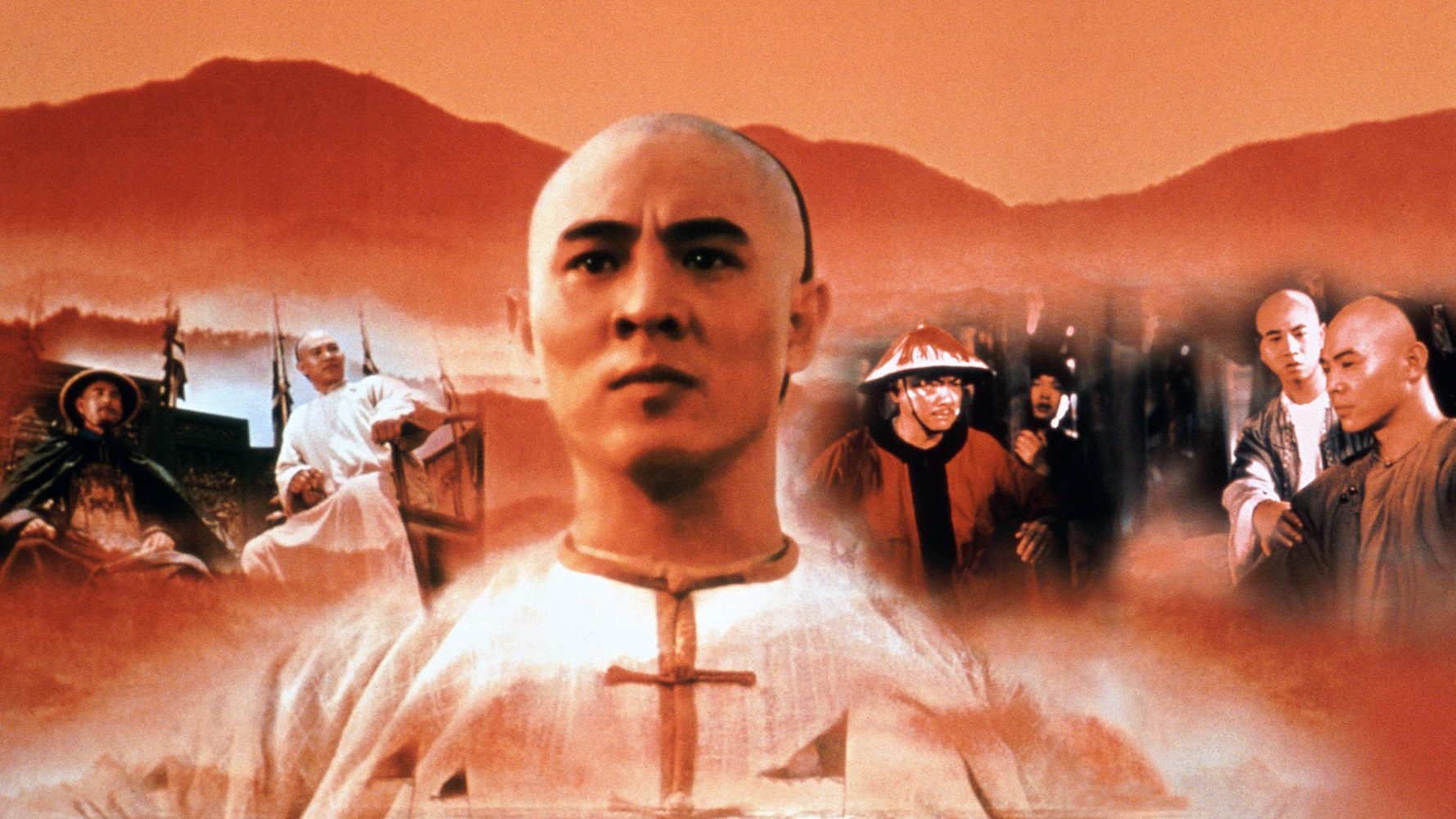
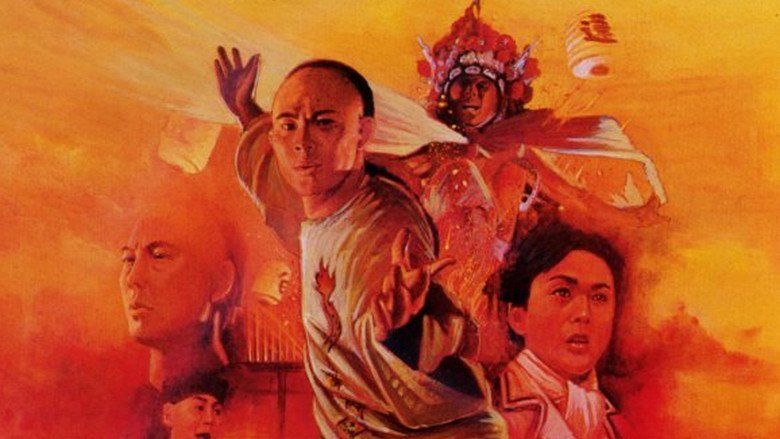
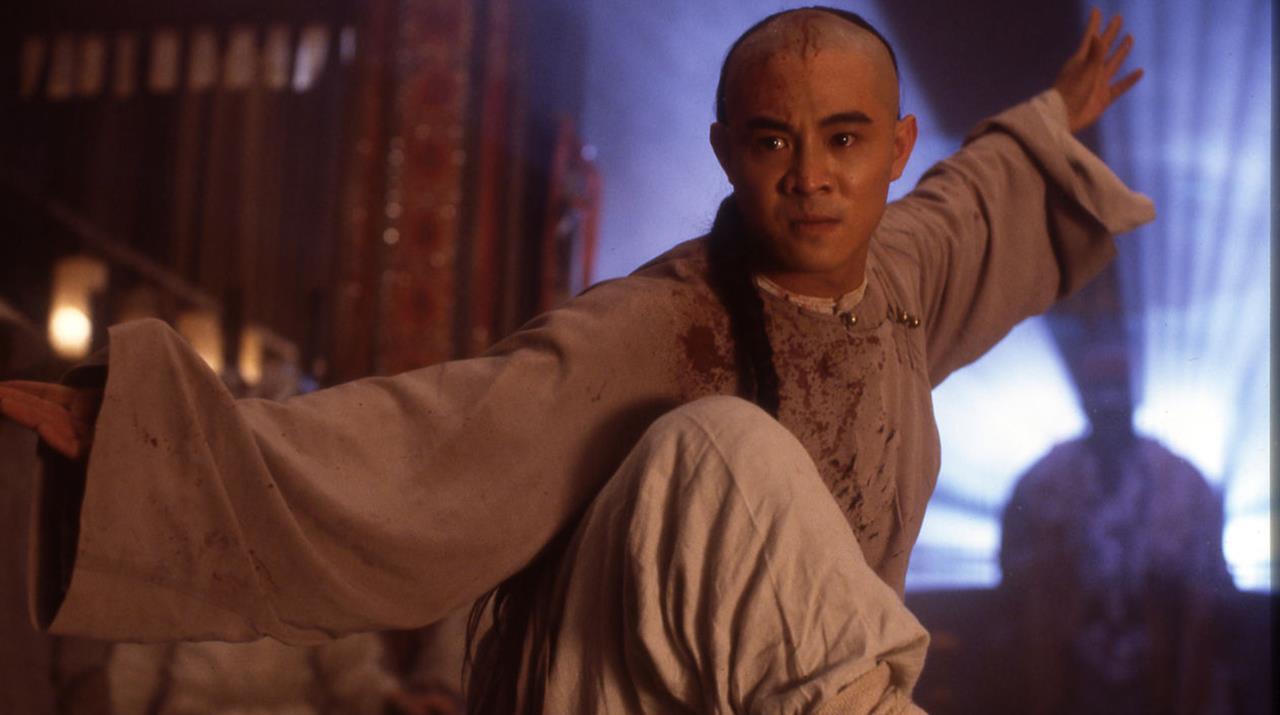
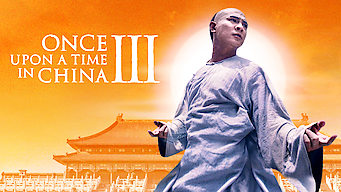
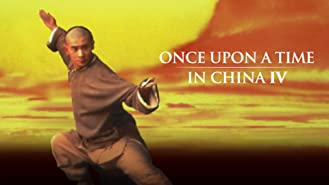
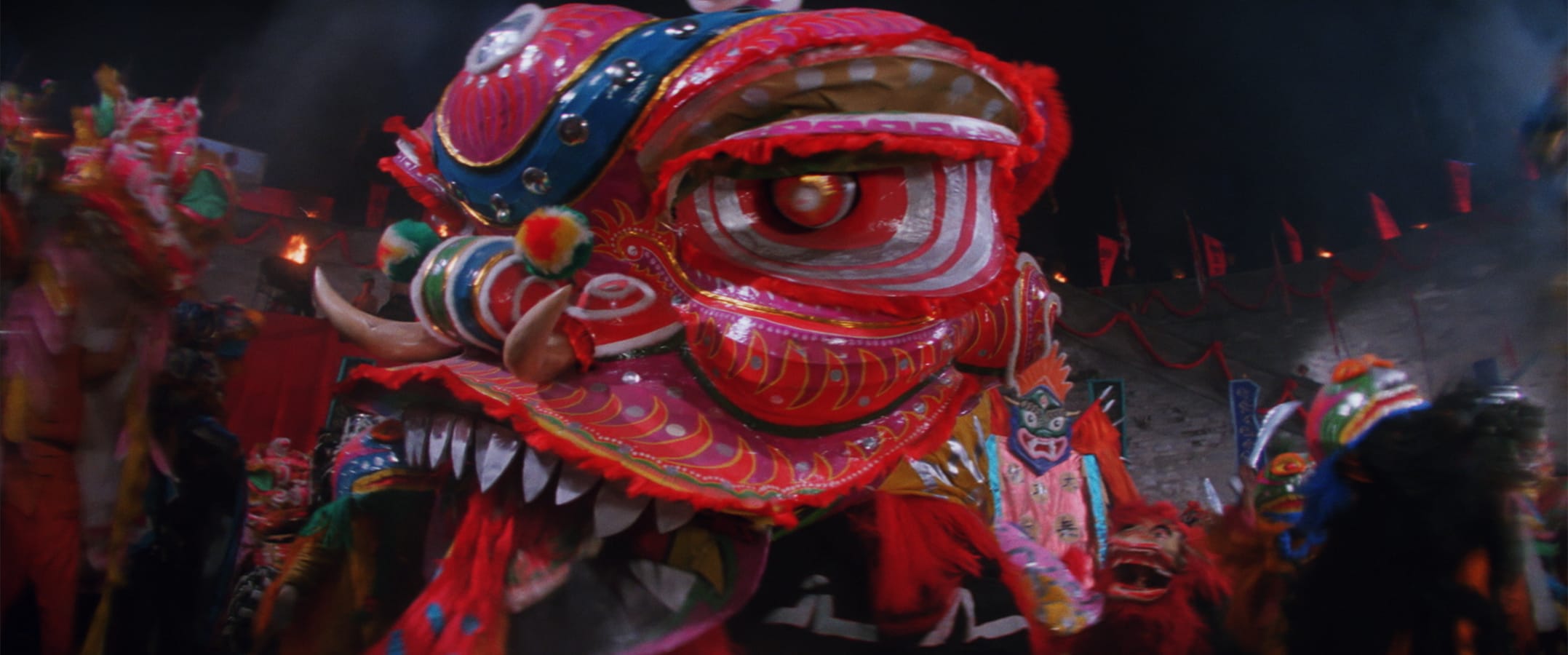
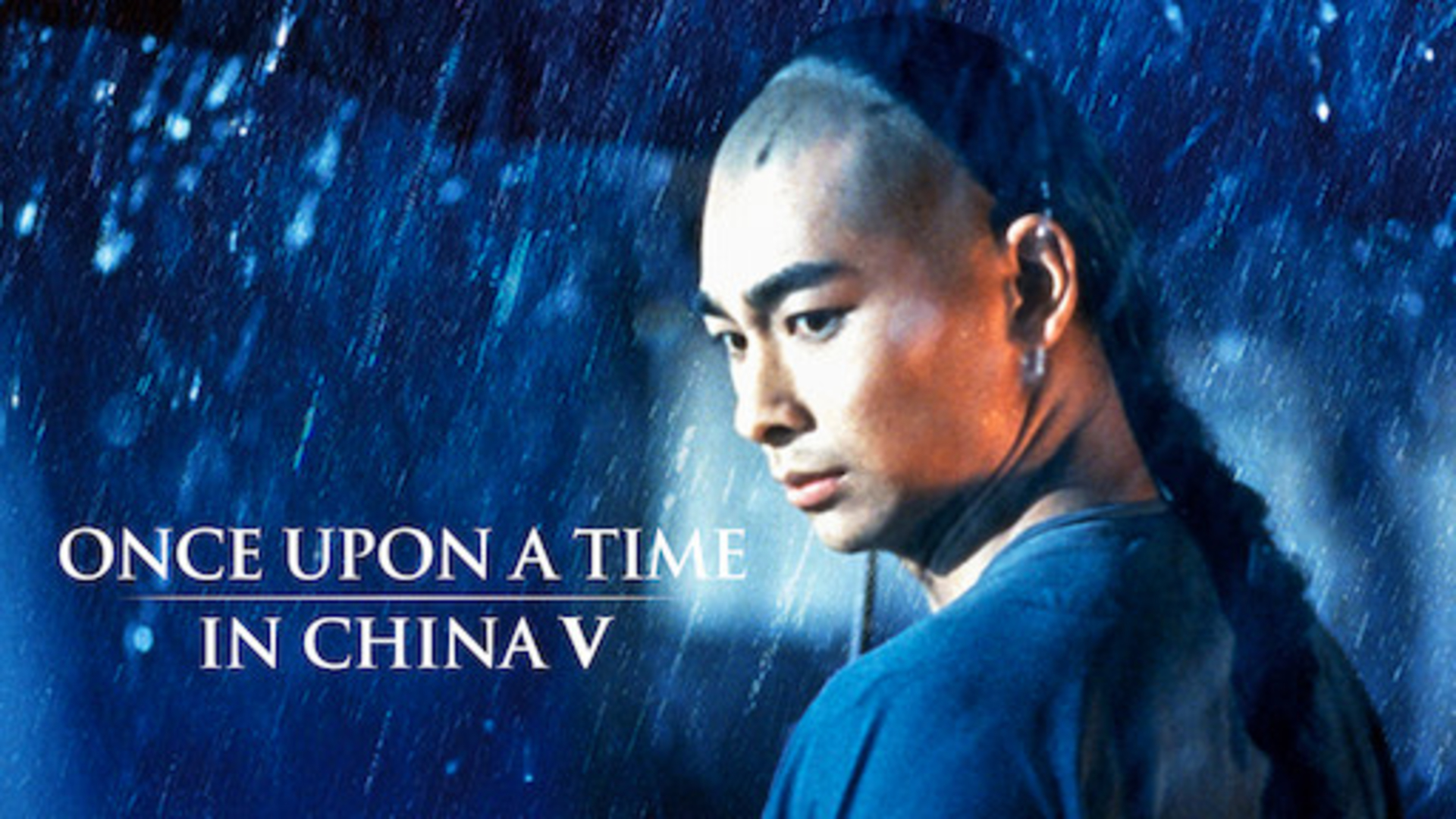

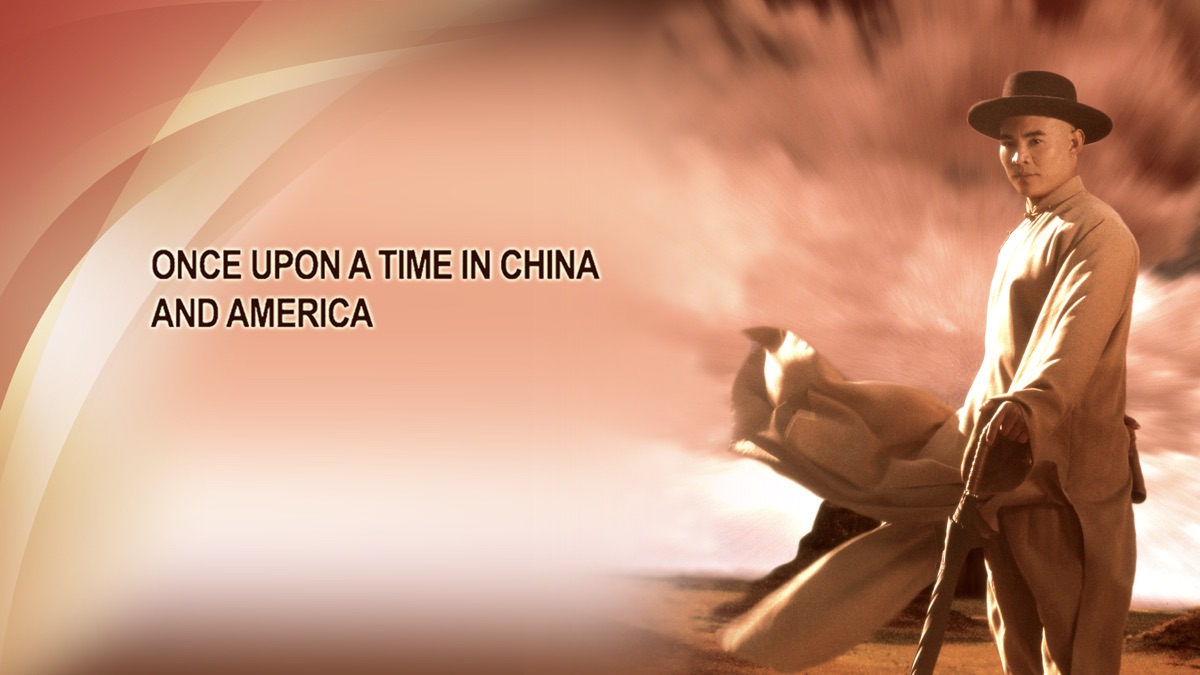
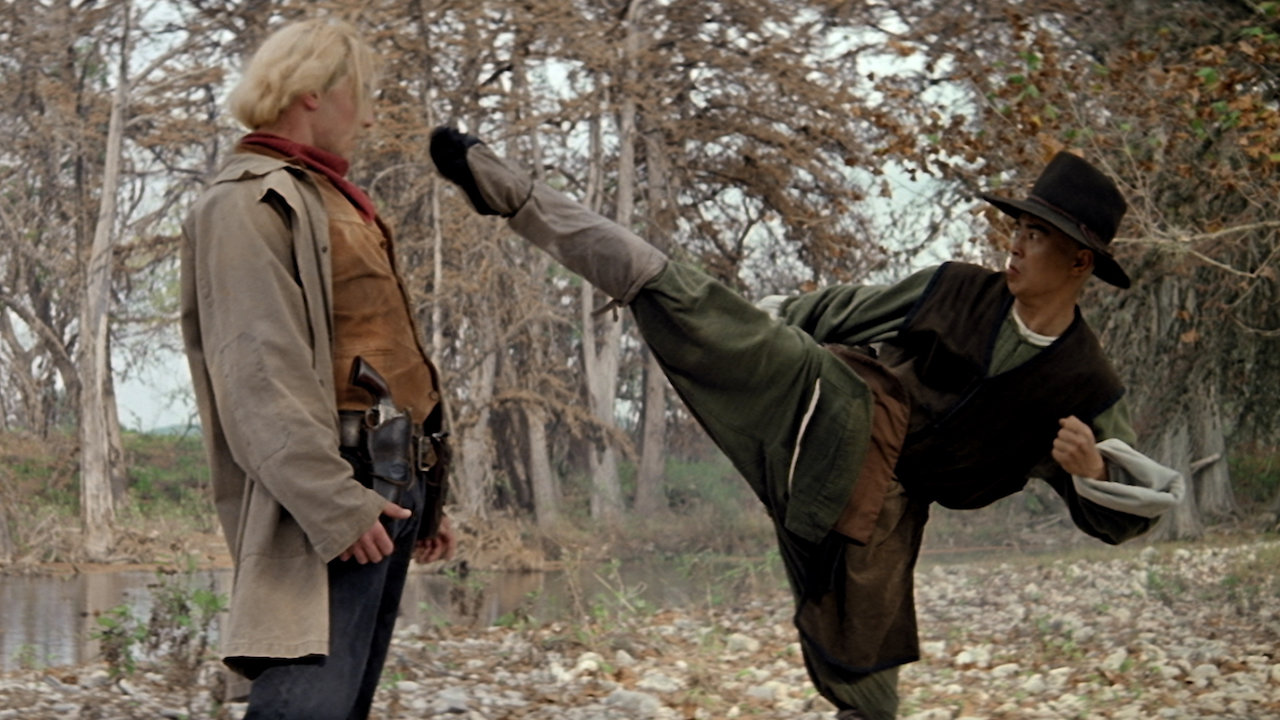

No comments:
Post a Comment